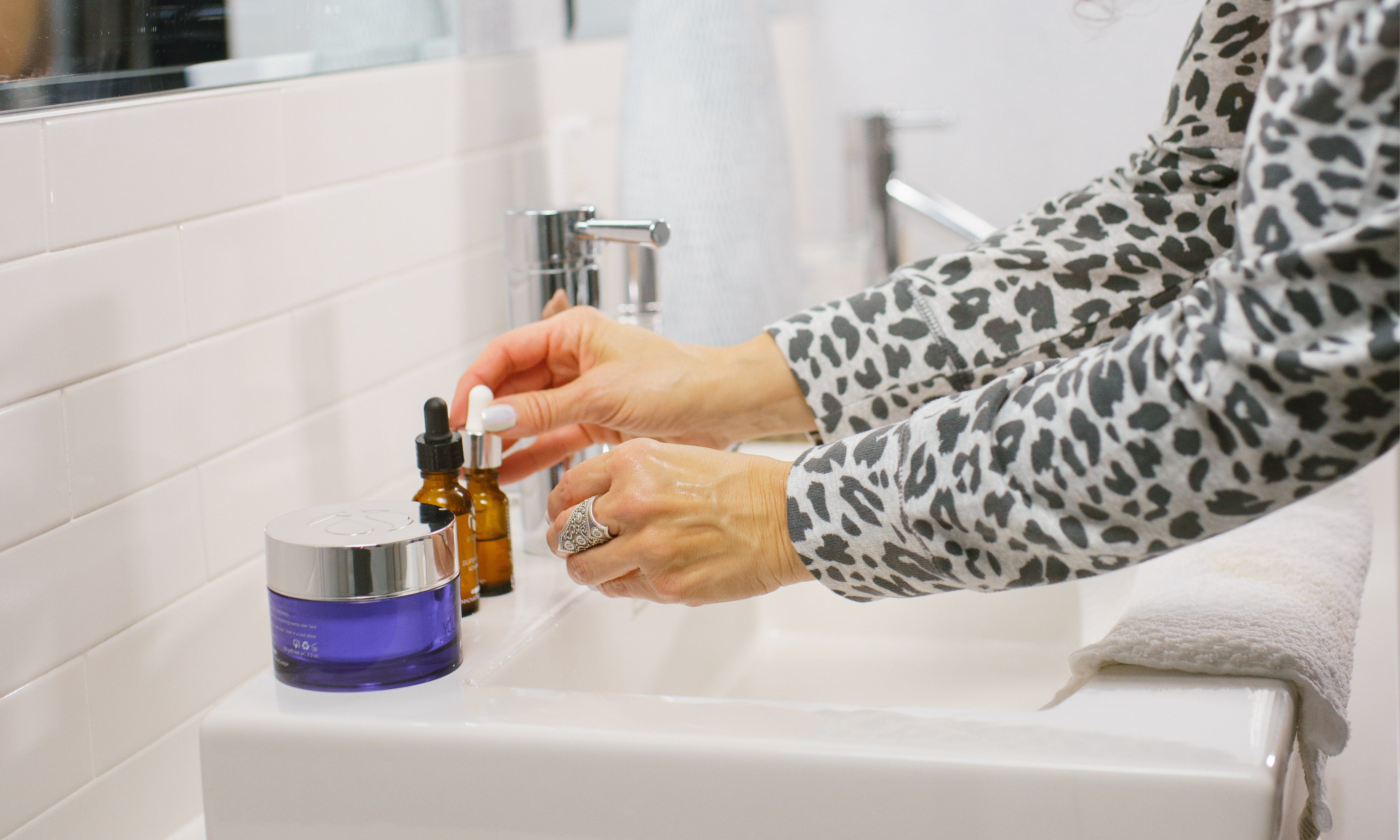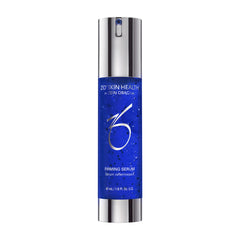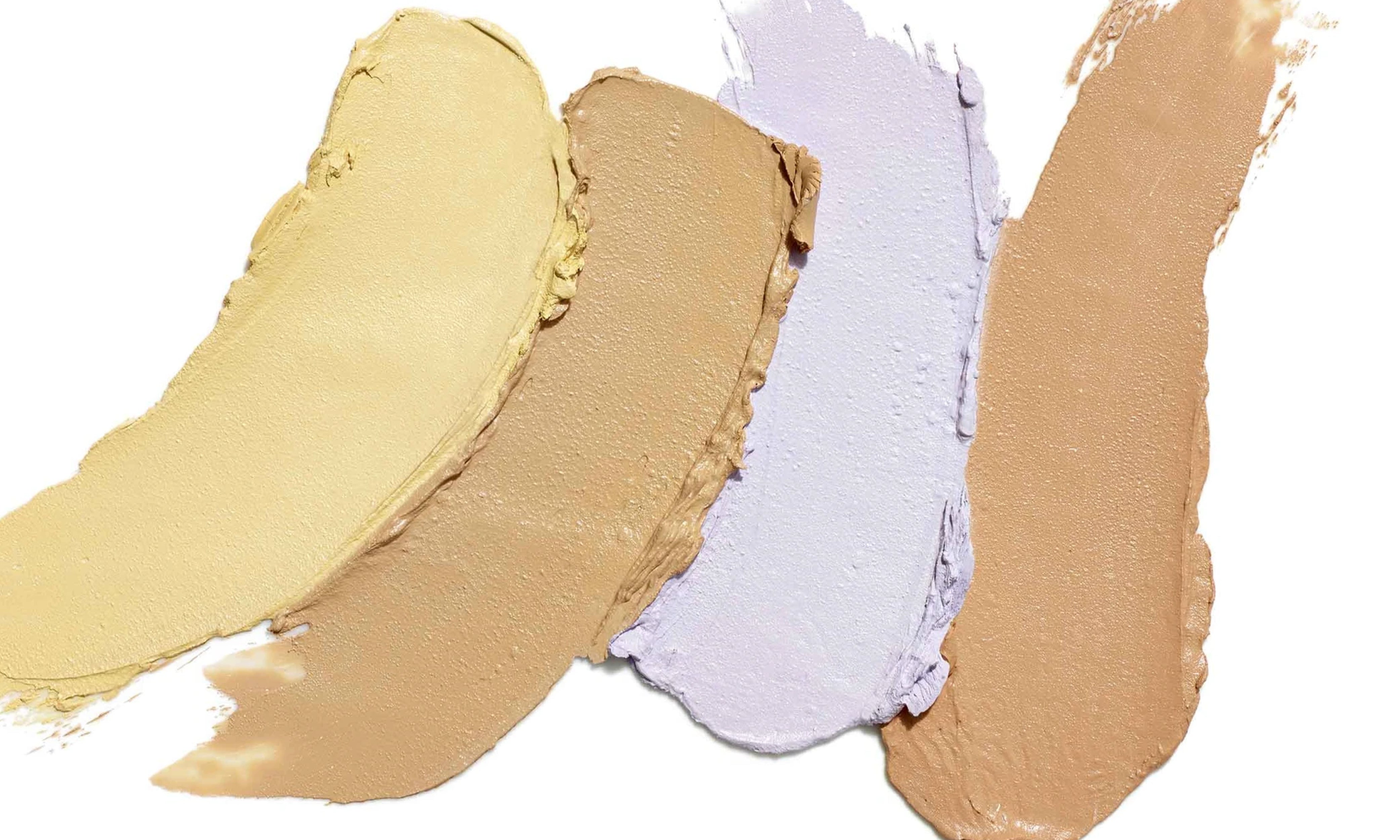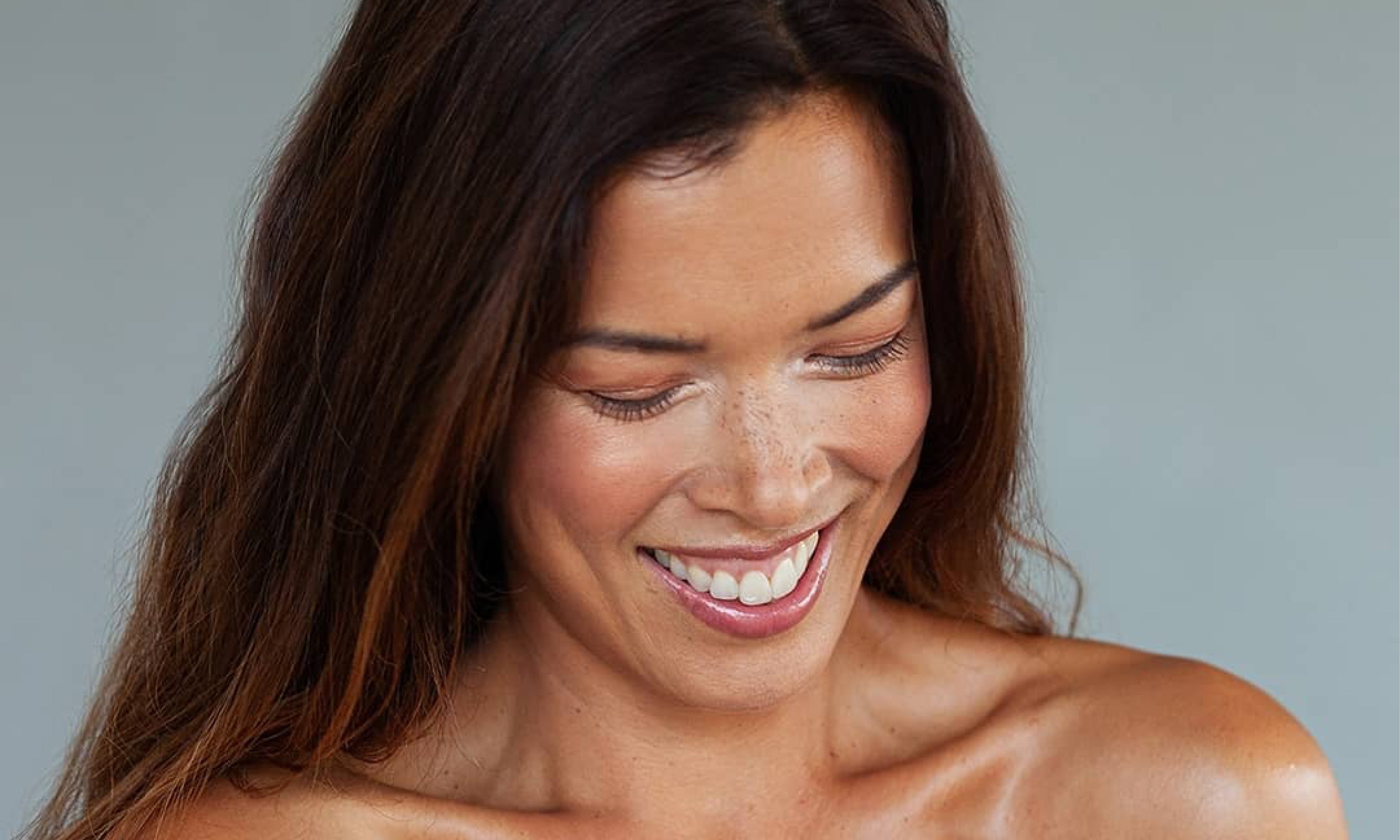
THE BEGINNER'S GUIDE TO SERUMS
Serums are currently one of the most beloved skincare products out there. While you’ve probably heard of them—or used one—before, we felt it could be useful to demystify them just a little. By understanding a bit more about exactly what they bring to the table and why you should get one ASAP, it might facilitate the process of finding exactly which ones work best for you and address your main skin concerns.
WHAT IS A SERUM?
A serum is usually a clear, gel-based liquid that is "designed to deliver high concentrations of active ingredients to your skin", says Dr. Joshua Zeichner, a board-certified dermatologist and cosmetic clinical researcher at Mount Sinai Hospital's department of dermatology. In general, serums contain topical antioxidants including vitamin A, C, and E, as well as ingredients that even out your skin tone.
Serums tend to be lighter than most moisturizers. They are designed to be applied between your cleanser and your day or night cream.
Many different types of serums are available on the market and each one has a different purpose. For example, there are skin serums that are designed for intense moisturization, others for reducing fine lines or dark spots, and others for acne treatment.
According to said Dr. Angela J. Lamb, a board-certified dermatologist and associate professor at the Icahn School of Medicine, serums can act as a targeted treatment for wrinkles, hyperpigmentation, and redness-related issues when layered underneath a moisturizer.
WHY SHOULD YOU USE A SERUM?
If you wish to see a radical improvement in your skin’s health, you’ll want to go on a hunt for the perfect serum.
The reason for this — and the reason serums are so popular in general — is that their molecules are smaller than those of a regular face moisturizer. Therefore, the serum’s molecules are able to penetrate the epidermis of your skin and provide rapid hydration at its deepest level, while the heavier creams tend to sit on the surface.
Because of their facilitated absorption, the molecular ingredients in a serum will penetrate the skin at a quicker rate and show visible results in a shorter lapse of time, without damaging the skin.
OUR FAVORITE SERUMS
We get it! With so many skincare products to choose from, it can be difficult to find exactly which one is best for you and your skin. Here are a few of our favourites, depending on your skin type:
For blemish-prone skin:
SKINCEUTICALS PHYTO CORRECTIVE GEL $80
SKINCEUTICALS BLEMISH + AGE DEFENSE $100
PÖ DERMA BRILLIANCE RESURFACING SERUM $108
For dry skin:
GRAYDON SUPERFOOD SERUM $87
ESTHEDERM INTENSIVE HYALURONIC SERUM $99
For hyperpigmented skin:
VIVIER SKIN ADVANCED SKIN LIGHTENING SERUM $149
IMAGE SKINCARE HYDRATING ACE SERUM $102.50
ESTHEDERM TARGETED DARK SPOTS SERUM $49
For aging skin:
ZO SKIN HEALTH FIRMING SERUM $317
IMAGE SKINCARE HYDRATING ANTI-AGING SERUM $110
GM COLLIN PARIS PHYTO STEM CELL+ SERUM $155
IN CONCLUSION
Serums are simply one of the many skincare products to consider, but one you should definitely make a point of including into your daily routine. It is also important to note that even if a serum is designed for hydration, it does not replace your daily moisturizer nor its benefits.
Dr. Fran Cook-Bolden, a board-certified dermatologist and cosmetic surgeon in New York City, warns that the ingredients in serums can be quite potent, so it is crucial to consider any potential skin sensitivity before giving a new product a try. "It’s a good idea to layer a more substantial moisturizer with the serum if your skin tends to be on the sensitive or dry side," suggests Dr. Bolden.
It is recommended to use a serum all over your face and neck once a day — either in the morning or in the evening — before applying your moisturizer. On average, you should wait approximately 7 weeks before assessing your skin’s response to a new serum, giving your skin cells the time to turn over and regenerate.
If you have any more questions with regards to serums, ingredients, or any specific skin concerns you wish to target, please do not hesitate to drop us a comment below.
Until next time, take care of the skin you’re in!
Mathilde






















Leave a comment
This site is protected by hCaptcha and the hCaptcha Privacy Policy and Terms of Service apply.